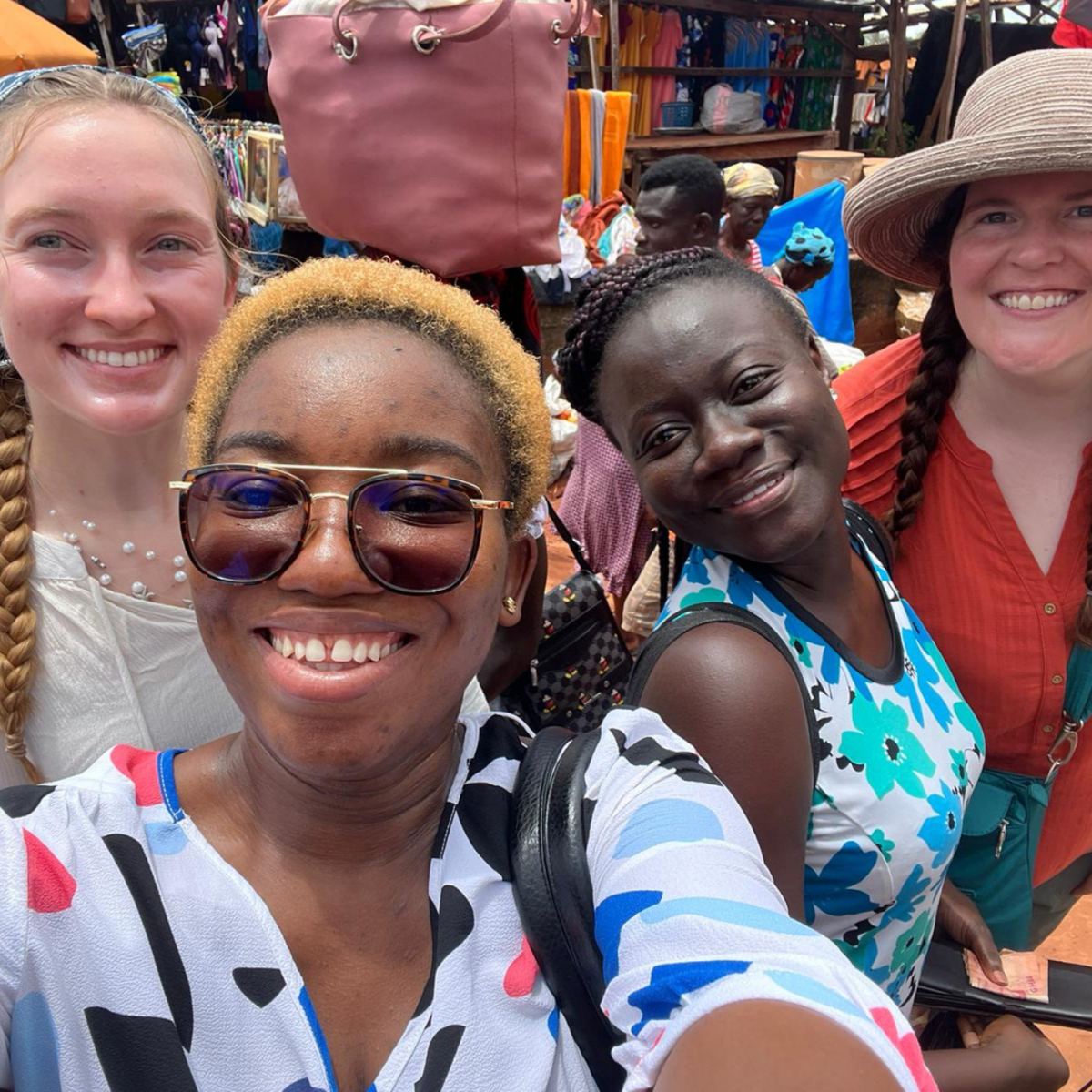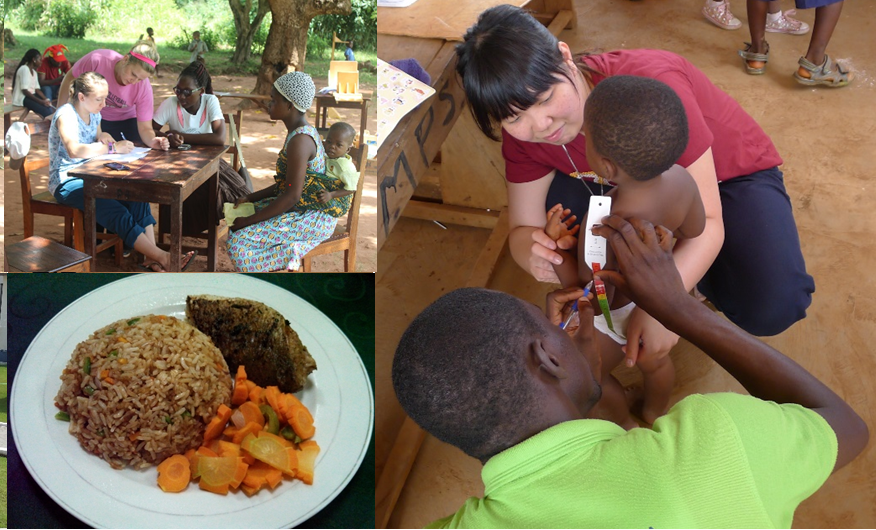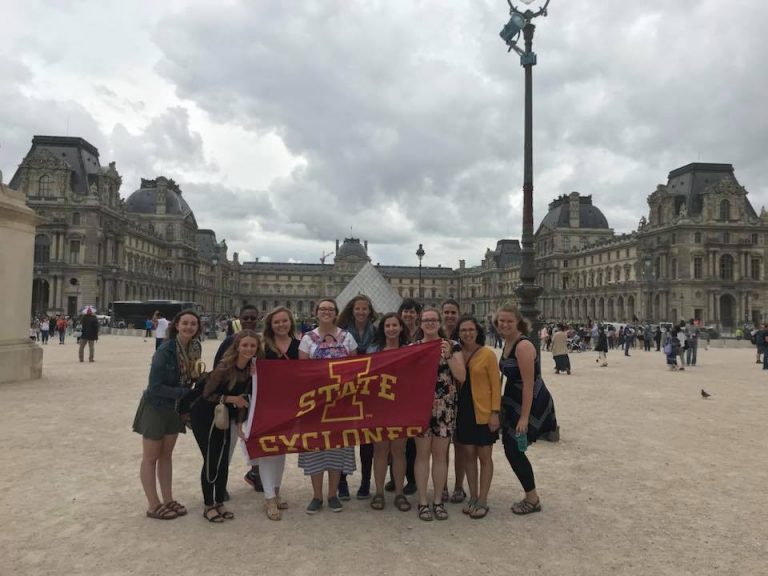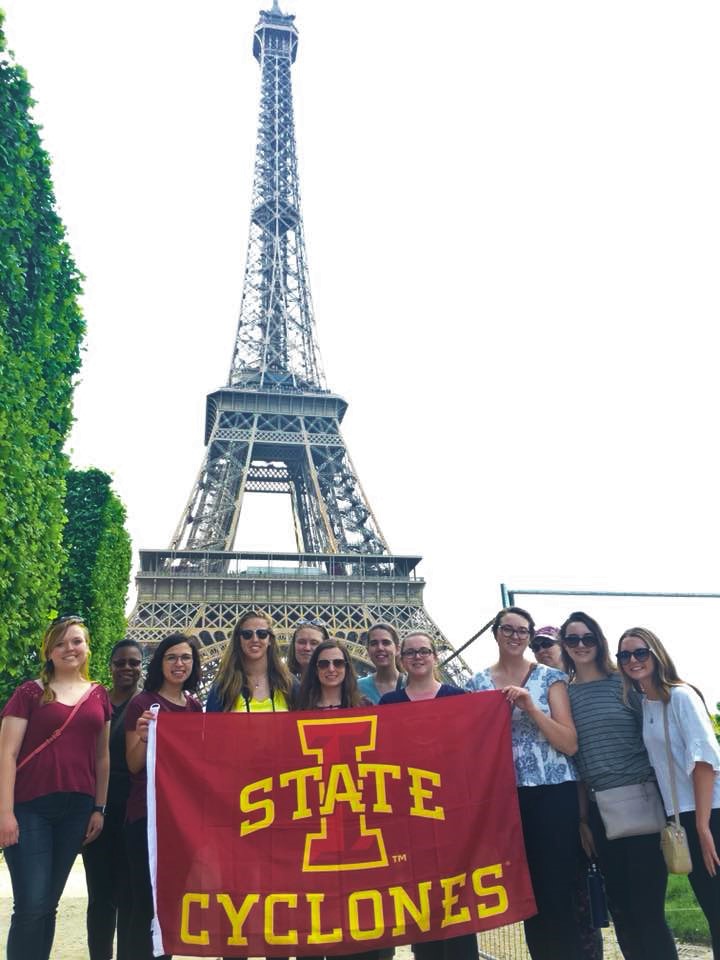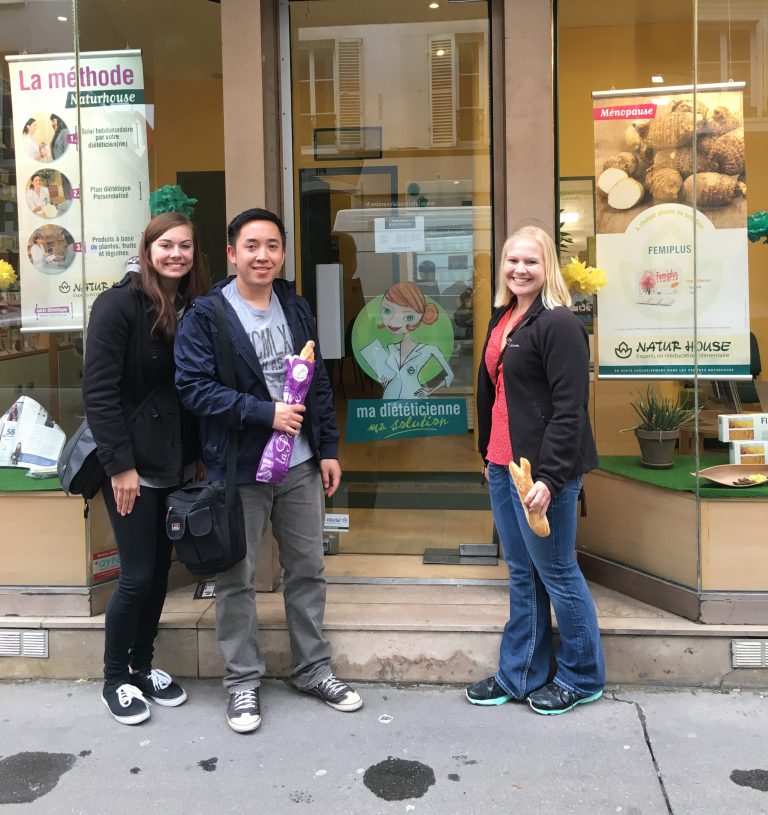Activities in Ghana
- Our community nutrition rotation blends research focused on maternal and child health with cultural experiences. Guided by experienced professionals, you’ll learn to navigate the complexities of community nutrition interventions, gaining valuable skills that transcend borders. Students will engage in community nutrition assessment (policy and environmental scan, livelihood assessment, qualitative and quantitative research methods) for the target areas:
- child nutrition,
- maternal nutrition,
- household food security, and/or
- non-communicable diseases
- Elementary and secondary school nutrition education.
- Exposure to community-based primary care, district and regional hospitals.
- Cultural immersive experiences that integrate food, health, and heritage – including visits to food markets, creation of culturally important foods such as fufu and banku as well as complementary foods like weanimix or Tom Brown (Ghanaian breakfast porridge).
- Visits to art and bead markets, ecotourism sites, and local seamstresses for customized clothes.
If you wish to complete 200 hours of your community nutrition experiential learning in Ghana,
- Complete and submit the Ghana Essay
- Selection criteria will include a review of your essay and an interview to determine your suitability for the study abroad experience.
Program Fee: $3500 (this includes local transportation, dorm-style living with a University of Ghana student, access to a full kitchen, on-site preceptor, and translation services as needed)
Additional details, such as pre-departure requirements, are pending.
Learn more about the Ghana rotation policies and procedures, costs, health considerations and the application process on the College of Health and Human Sciences International programs page.
For more information about the Ghana Study Abroad experiential learning opportunity, contact Erin Bergquist: erin_b@iastate.edu
